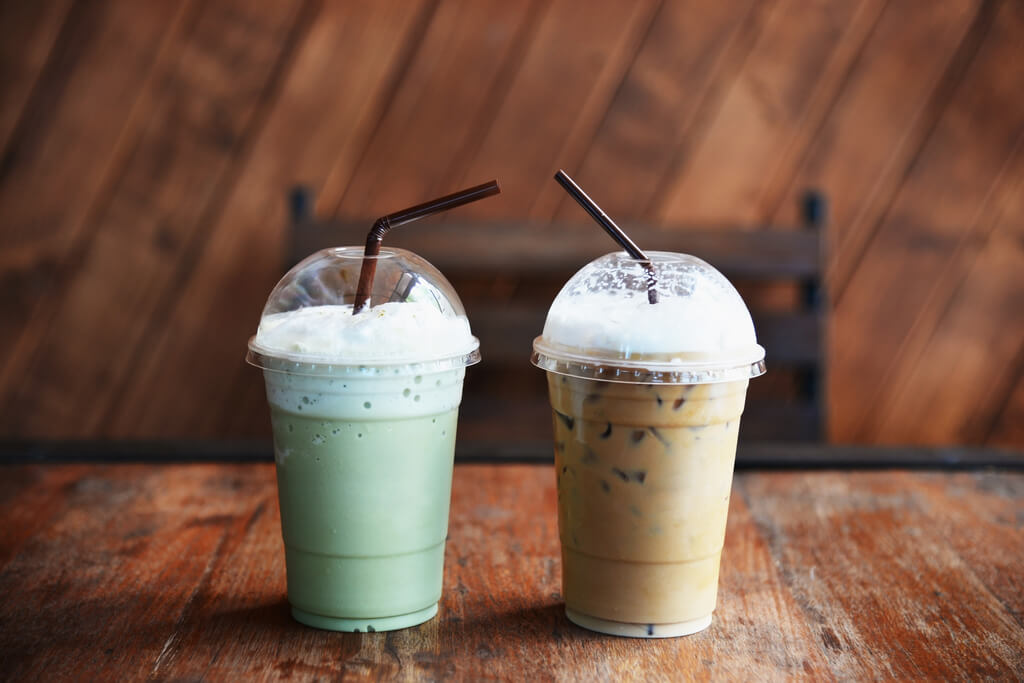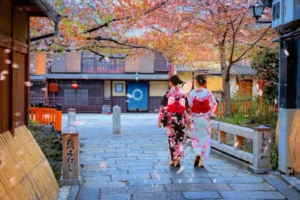The pros and cons of Coffee versus matcha (Japanese powdered green tea) has been a matter of debate for a long time.
Coffee is one of the highest consumed beverages in the world. With a large number of people opting for coffee, almost 70 countries around the world are producing coffee beans to meet demand. But is drinking coffee healthy? Is matcha healthier than coffee?
It is a matter of debate among experts in nutritional science too. We all know that almost everything comes with a set of positives and negatives. First, let’s take a quick look at the benefits in a cup of coffee.
Table of Contents
ToggleCoffee Benefits

- Increases focus and energy
- Fat burning capabilities
- Contains essential nutrients like Riboflavin, Magnesium, Manganese etc.
- Increases alertness and improves synapse response and reduces the chance of neurodegenerative diseases, like dementia or Alzheimers
- Protects the liver and reduces the chance of Parkinson’s
- Provides antioxidants
Now, let’s talk about matcha. It is actually one of many styles of Japanese tea. Matcha is made from processed green tea leaves that are shade-grown for three to four weeks before they are harvested and turned into matcha powder.
Matcha green tea has a huge fan-following already, and that number is constantly increasing. The major reason why people have started drinking matcha is its role as a healthy coffee substitute, with many switching from coffee to matcha to avoid the downsides of coffee consumption.
Looking for something to enjoy with your matcha? Sakuraco sends traditional Japanese sweets straight from Japan right to your door, ready for tea time.
Benefits of Matcha
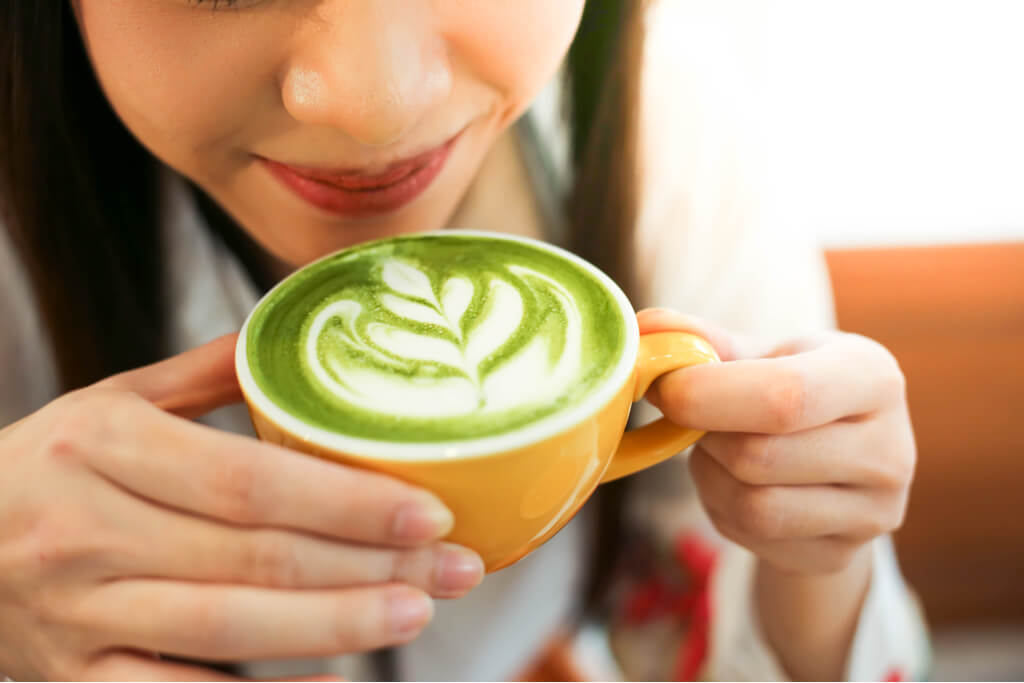
While one serving of matcha has much less caffeine than coffee, it provides a more sustained, less jittery energy boost without the crash at the end. It also improves focus and concentration. It even features much higher levels of antioxidants, which protects against several diseases and side effects of aging. Let’s look at more of matcha’s health benefits:
- Improves sleeping habits and quality
- Keeps the body more relaxed
- Improves cognitive function
- Improves immunity
- Helps reduce blood pressure levels
- Increased production of serotonin
- Reduces the risk of cancer
Now, let’s dive into the benefits that matcha and coffee have in common.
Both May Help With Weight Loss
The caffeine in both matcha and coffee may help you lose weight and burn calories. It can assist in protecting against fat accumulation in the body by generating heat and metabolizing nutrients like glucose and fat.
May Protect Heart Health
Various compounds found in matcha and coffee may help reduce multiple heart disease risk factors. For starters, they can both help prevent your arteries from clogging and reduce the risk of a heart attack. They also promote blood vessel relaxation, helping reduce high blood pressure.
Why We Prefer Matcha
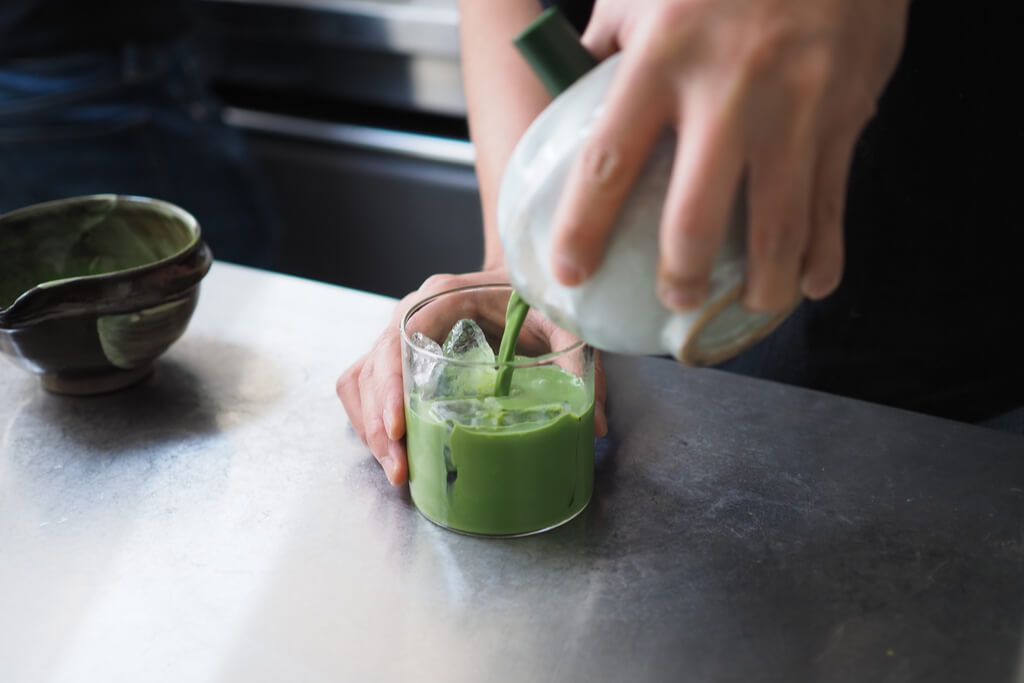
In spite of several shared benefits between matcha and coffee, our favorite green-colored drink is becoming the new trend that people are embracing. They are even finding interesting, different ways to enjoy matcha. Here are some of the most important reasons a cup of coffee should be exchanged for a cup of matcha:
Better Caffeine Boost
Coffee definitely helps in keeping our body awake and raising our energy levels. However, once it starts to wear off, it makes the body feel more tired.
Coffee also causes spikes in adrenaline glucose and insulin levels, which in turn creates jitteriness, nervousness, and, sometimes, hunger pangs. Matcha, on the other hand, does none of these, creating a calm alertness instead.
Better Oral Hygiene
The antibacterial properties present in matcha can provide protection to your teeth. Because it thwarts bacteria that causes plaque, several dentists actually recommend it daily to maintain oral hygiene. Unfortunately, coffee stains the teeth and may cause bad breath.
Better Concentration & Focus
Matcha green tea also contributes to a positive mood and provides better concentration levels. This is made possible by the increased serotonin and dopamine in the body after drinking it.
Better Skin
It is said that Matcha helps in clearing up acne. In fact, traditionally and recently, Japanese women use matcha as a facial mask. Its antibacterial properties give a natural glow to the skin, making matcha skincare very effective.
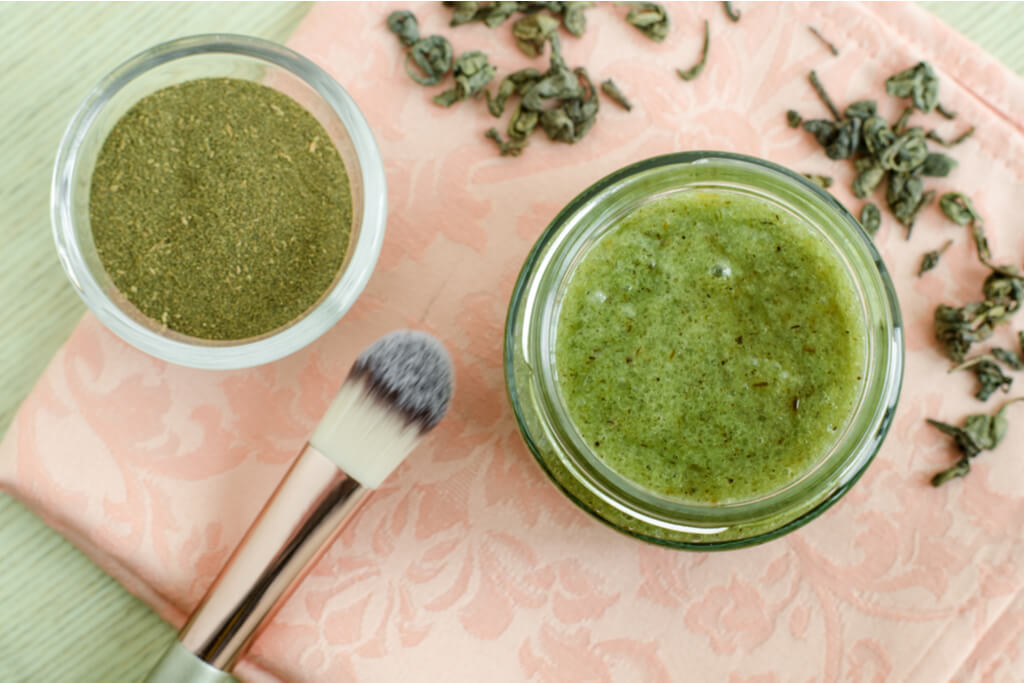
More Antioxidants
Matcha green tea has extraordinary antioxidants. Matcha has been infused with a lot of antioxidants that help fight against many diseases. It also aids in fighting the growth of cancer cells.
Enhances Immune System & Detoxifies The Body
Matcha green tea is packed with nutrients like Iron, calcium, protein, potassium, vitamin A, and vitamin C. These nutrients help boost the immune system and are very helpful in detoxifying the body.

